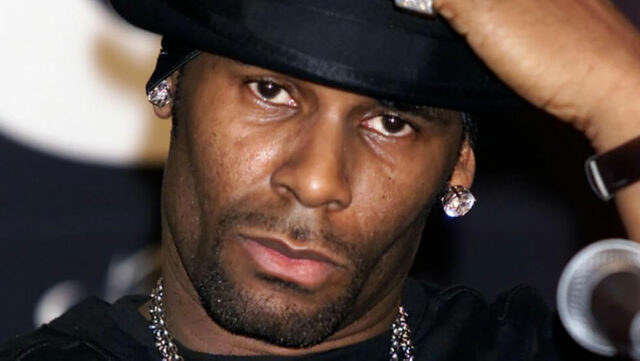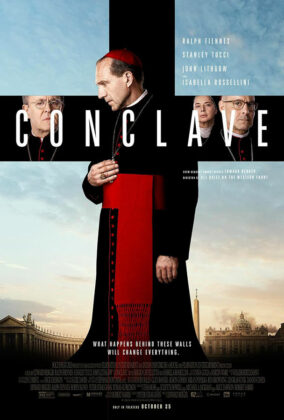What’s the best way to screen candidates for a management post? Is it a panel or paired interview or one-on-one? I prefer to use one-on-one interviews so that the bias of other interviewers does not influence my decision. What do you think? — Blind Lizard.
Much depends on the stage of the hiring process. In preliminary stages, it’s better to do one-on-one interviews. Ask department managers for tips on how to go about it.
If you’re looking for an employee engagement manager in the human resource (HR) department, for instance, it’s better to conduct the interview with two senior managers handling compensation, labor relations, training, or other related matters.
Past that stage, it’s time to shortlist the top two candidates and move to a panel interview with all department heads outside of HR.
Either way, you want to get an idea for the candidate’s hard and soft skills. In the case of an employee engagement manager, the hard skills include basic computer ability which includes how various applications, tools, and technologies are used to measure employee morale and dispute monitoring, organizing sports and social events, newsletter publication, labor-management cooperation, and employee recognition, among others.
On the other hand, soft skills or unique competencies may include the creation of programs designed to attract the participation of as many employees as possible. My rule of thumb for a successful program is the involvement of at least 65% of the staff.
The soft skills of an employee engagement manager include conceptualization and design of posters, newsletter layout and design, writing articles, hosting a program, and many more.
During the final interview, it is appropriate to require the top two candidates to bring samples of their work with their names in the editorial board of the company newsletter.
LISTEN TO THE MUSIC
Whether it’s one-on-one or a panel interview, there’s an important principle to remember — “listening to the music” or observing the behavior of the applicants. When listening to a song, we don’t only pay attention to the lyrics but to the melody as well. We pay attention to the applicant’s answer and at the same time their body language.
For example, when an applicant is asked about their greatest achievement in reducing the attrition rate of their organization, and they tell you an off-tangent story without making an eye contact, that means the lyrics (words) do not match the melody (action).
To ensure that all interviewers are on the same page, the HR department may formulate a list of questions from a list of criteria. In the case of applicants for the post of employee engagement manager, you may look for the following characteristics:
Intelligence, decisiveness, dynamism, results orientation, maturity, assertiveness, sensitivity, open-mindedness, and creativity. From this list, you can create a standard form with two sample questions for each category.
Then, you may use a simple rating scale of three like: “Good” representing the basic level, “Better” representing the high level, and “Best” representing the highest level of competency.
Of course, you can create another rating scale that matches the company’s performance appraisal rating scale.
CLOSING THE INTERVIEW
Before closing any interview, it’s always good practice to give the applicant the opportunity to ask questions. It’s one way to tell them that the interview is a two-way process. As a potential employer, it’s important to project a good image for your organization.
For the shortlisted candidates, it’s also important to give them a brief tour of the premises. As a courtesy, you may accompany them down the elevator and the reception area. Even if the applicant is not chosen, it will always leave a good impression about you and the company.
If the applicants try to ask about your impression of their chances of getting hired, decline to answer. Emphasize that the decision will be made by consensus with the help of other department heads.
After each interview, summarize your impression of the candidate using a uniform evaluation form. Summarizing your impression after the interview is better rather than doing it during the interview as it could unsettle the applicants.
Don’t delay summarizing your impressions. You can’t trust your memory. If you’re the HR head, compare your notes with other department heads. Then, decide after careful consideration of the hard and soft skills of the applicants.
There’s no need to worry about your bias or wrong impressions. These could be balanced by the impressions of other department heads who had the same opportunity to interview the applicants.
Bring Rey Elbo’s popular leadership program called Superior Subordinate Supervision to your organization. For your workplace questions, e-mail elbonomics@gmail.com or via https://reyelbo.com















